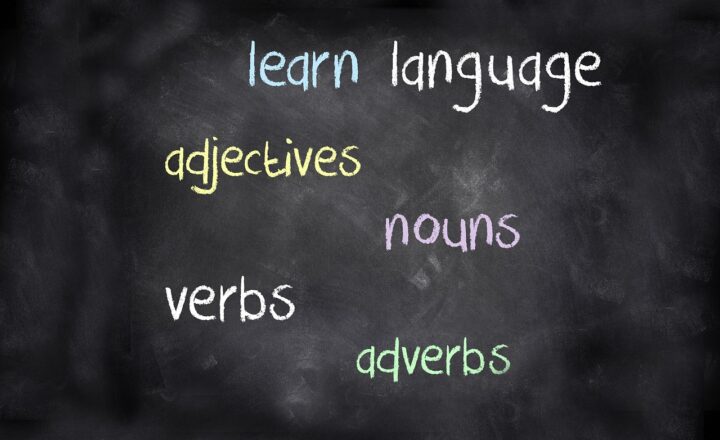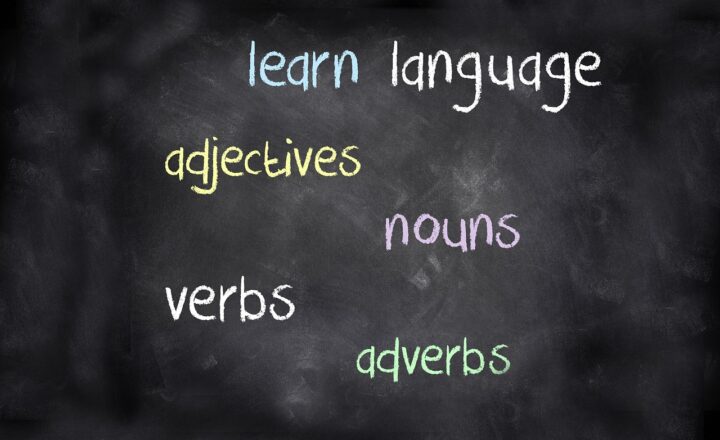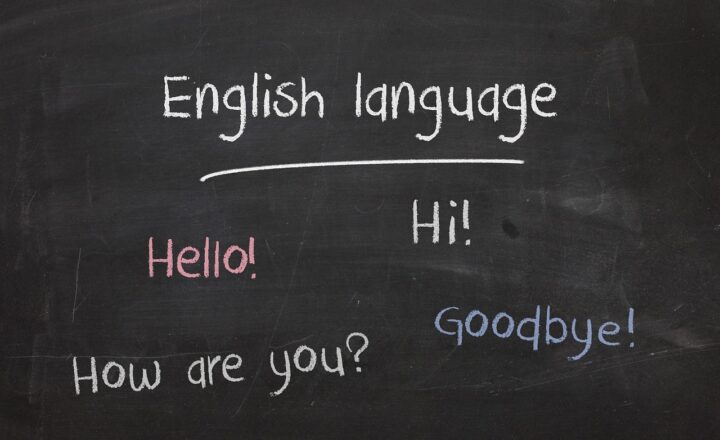How to Pronounce Polish Words Correctly Without Feeling Self-Conscious
November 12, 2024

Polish is a beautiful and nuanced language, known for its rich history and complex pronunciation rules. Many English speakers find Polish daunting, especially when it comes to mastering the sounds and intonations that are often absent in their native language. If you’re looking to learn Polish or simply want to speak it more confidently, this guide will provide you with useful tips and tricks to pronounce Polish words correctly without feeling self-conscious.
1. Understanding the Polish Alphabet and Sounds
The first step in mastering Polish pronunciation is to familiarize yourself with the Polish alphabet and its unique sounds. Unlike English, Polish has letters and combinations of letters that can drastically alter how a word is pronounced. Here are some key features of Polish pronunciation:
- Consonant Clusters: Polish often combines consonants in ways that can seem impossible to non-native speakers. Familiarize yourself with these clusters, such as “cz”, “dz”, “ł”, and “sz”.
- Diacritics: Polish uses several diacritical marks to alter the sounds of letters. For instance, the letter “ą” is nasalized, while “ł” is pronounced like the English “w”.
- Voiced and Voiceless Consonants: Certain consonants in Polish have voiced and voiceless forms that can change the meaning of words. For example, “b” (voiced) vs. “p” (voiceless).
Understanding these basics will provide a solid foundation for your Polish pronunciation.
2. Listening and Imitation: The Key to Confidence
One of the best ways to learn pronunciation is by listening to native speakers. Here are some methods to incorporate listening practice into your learning:
- Polish Media: Immerse yourself in Polish music, movies, and podcasts. Pay attention to how words are stressed and pronounced.
- Language Apps: Use language learning apps that focus on pronunciation. Services like Babbel or Duolingo often have features that allow you to hear words and mimic the native pronunciation.
- Record Yourself: Record your voice while practicing Polish words and phrases. This will help you identify areas where you might need improvement and build your confidence.
By actively engaging with the language, you’ll find it easier to reproduce the sounds accurately and naturally.
3. Practicing Difficult Pronunciations
Every language has its tricky pronunciations, and Polish is no exception. Focus on the following challenging sounds:
- The “ń” Sound: Similar to the Spanish “ñ”, this sound can be tricky for English speakers. Practice by saying “in” while letting your tongue touch the roof of your mouth.
- The “ę” Sound: This nasalized vowel can be tough. Start by saying “em” and reduce the final “m” while making the vowel sound longer.
- Soft Consonants: Polish has many soft consonants, like “ń”, “ś”, and “ź”. To practice these, try saying them alongside the vowel sounds that follow them to get used to their pronunciation.
The key is to practice these sounds regularly until they feel more natural to you.
4. Utilize Language Exchange Platforms
Connecting with native Polish speakers can significantly enhance your learning experience. Language exchange platforms like Tandem or HelloTalk allow you to practice speaking and receive feedback on your pronunciation. Consider the following strategies:
- Set Goals: When messaging or speaking with native speakers, set specific pronunciation goals for each conversation. Focus on using new or difficult words you want to perfect.
- Ask for Feedback: Don’t hesitate to ask your language partner for feedback on your pronunciation. Most native speakers appreciate when learners are open about their challenges.
- Be Patient: Accept that it’s okay to make mistakes. Embrace the learning process and view it as an opportunity to improve.
Speaking regularly with native speakers will help you develop confidence and competence in your Polish pronunciation.
5. Incorporate Polish into Your Daily Life
To become more comfortable with Polish pronunciation, try to incorporate the language into your daily routine. Here are some ideas:
- Label Items at Home: Write the Polish names of household items on sticky notes and place them around your home. This practice will help reinforce your vocabulary alongside pronunciation.
- Practice with Daily Phrases: Pick a few common phrases you use daily and practice saying them in Polish. This will help you become more familiar with the flow of the language.
- Join Polish Language Groups: Check for local or online language groups where you can practice with others learning Polish. Group practice can help you feel more comfortable and decrease self-consciousness.
Integrating Polish into your daily life will enhance your language skills and further reduce feelings of self-consciousness when speaking.
Conclusion: Embrace the Journey
Pronouncing Polish words correctly is an achievable goal that requires practice, patience, and persistence. By understanding the nuances of the language, listening to native speakers, practicing challenging sounds, and integrating Polish into your daily life, you’ll build greater confidence and competence in your pronunciation. Remember, everyone makes mistakes when learning a new language, and it’s a natural part of the process.
Embrace your language learning journey, and soon enough, you will be speaking Polish words with confidence and pride—without feeling self-conscious at all. Now, go ahead and give it a try!








